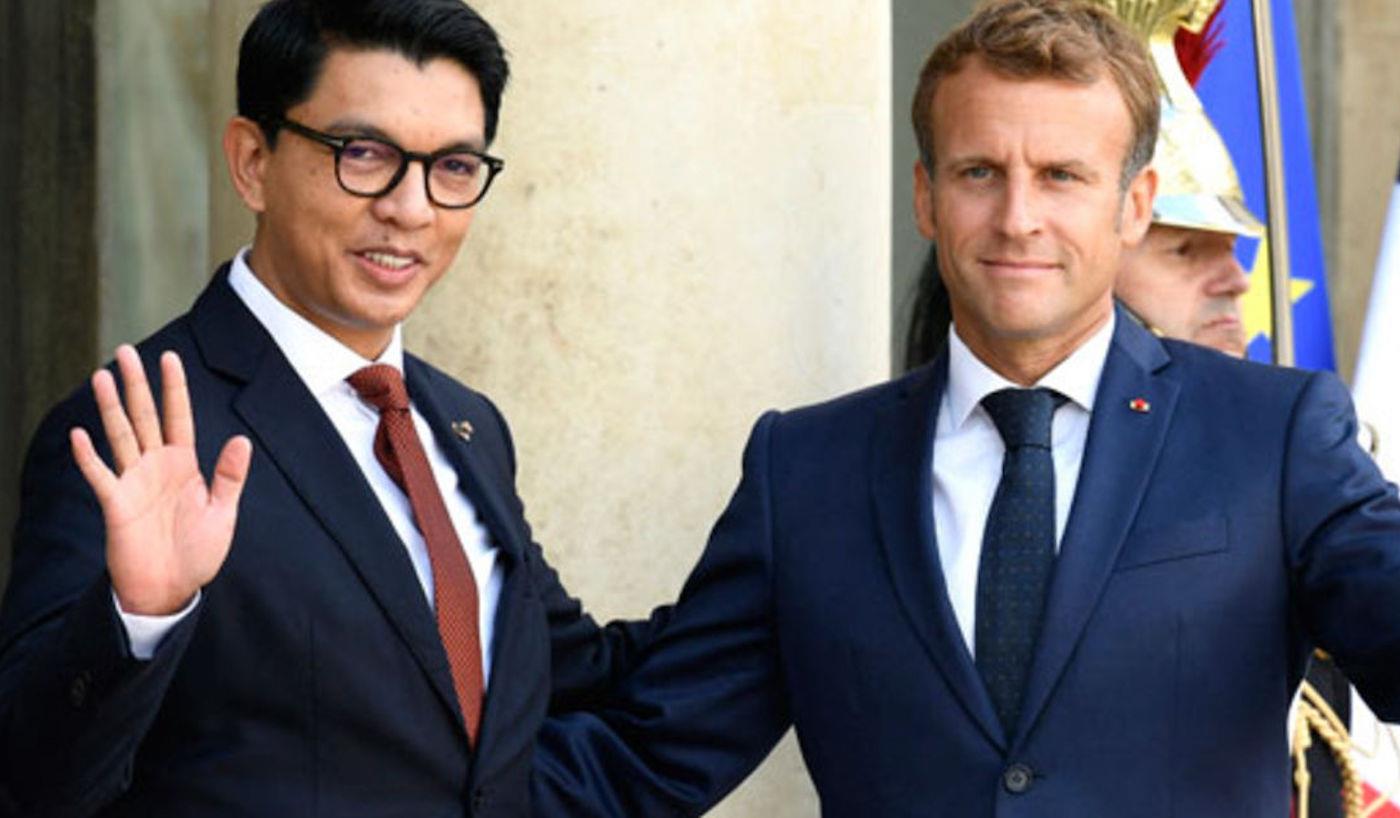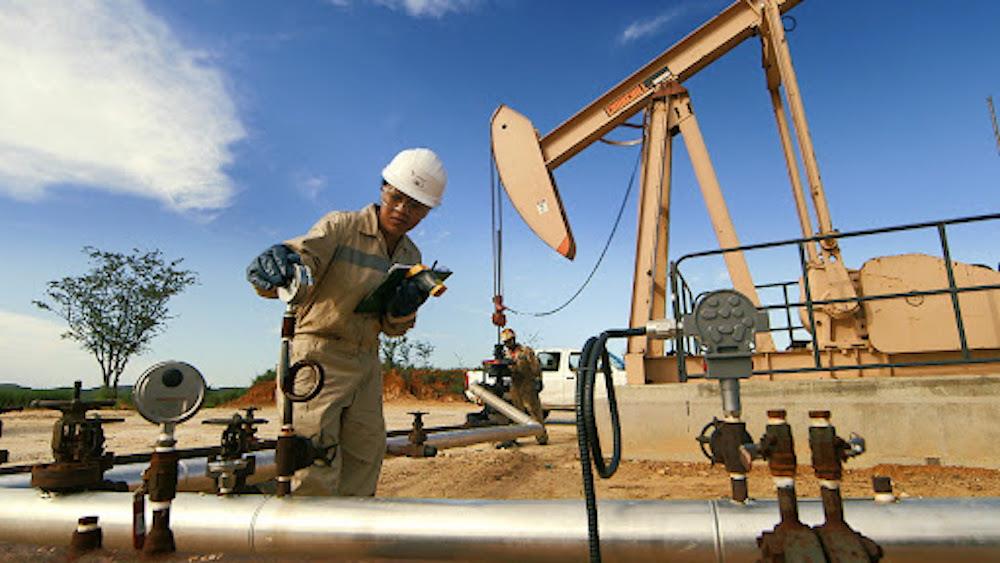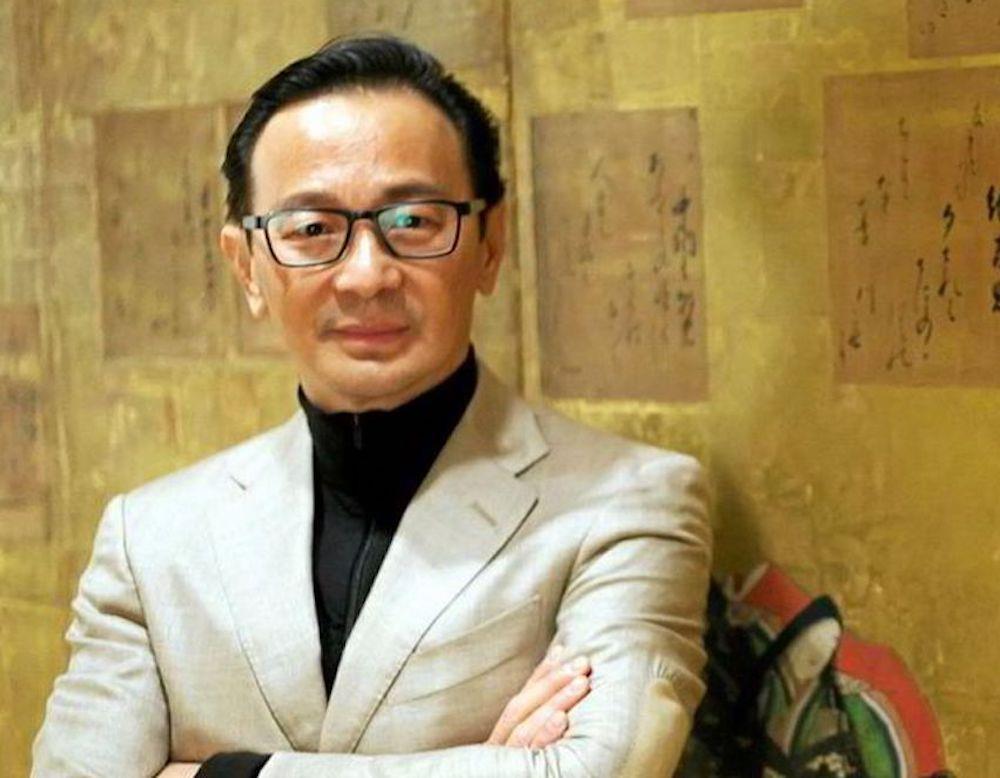
Indonesia oilman awash in Madagascar coup intrigue
(MENAFN- Asia Times) JAKARTA – In a storyline seemingly straight out of a B-grade movie, Indonesian businessman Albert Njoo has been accused of financing a coup and assassination attempt against Madagascar President Andry Rajoelina, allegedly to protect his majority stake in a stranded heavy-oil concession on the Indian Ocean island.
But three months after 21 people, including alleged coup leader Paul Rafanoharana, 57, were arrested for their role in the conspiracy, the Madagascar government has failed to follow through on the allegation against a seemingly unconcerned Njoo, who continues to go to his office every day in Singapore in business as usual fashion.
Rafanoharana, a French-Malagasy former gendarme captain, retired French army colonel Philippe Francois, 54, and five army and police generals are being held in a high-security prison facing charges of endangering state security and conspiracy to kill the president.
It isn't the first time Rajoelina has claimed an attempt on his life. He was initially suspected of concocting the coup story to get rid of his political rivals and seize control of the two-billion-barrel Tsimiroro concession owned by Njoo's Madagascar Oil.
Njoo's Singapore-based Benchmark Group, the majority stakeholder in Madagascar Oil, insists that while it did receive e-mails from Rafanoharana, the firm's security adviser, soliciting 10 million euros (US$11.5 million) for“political destabilization purposes,” it did not act on them.
Police claim to have found deleted messages on Rafanoharana's computer condemning Rajoelina for plunging the impoverished country into a“hellish spiral” and pointing out that removing him would free Madagascar Oil of its many bureaucratic obstacles.
Observers point out that if Njoo is under investigation for the coup plot, it has not reached the stage where law enforcement agencies have asked Interpol, the international police organization, to issue him with a Red Notice. He is not among the current list of7,580 international fugitives.

Madagascar President Andry Rajoelina in a pugnacious pose. Photo: Facebook
A prominent figure in the Jakarta business community during the waning days of the Suharto presidency, Njoo failed to respond to Asia Times' request for comment made through Madagascar Oil and Benchmark. He has not talked directly to the media about the charges.
Although the Indonesian tycoon was able to start a pilot project, using steam-flood techniques to fill three giant stainless-steel tanks, the Madagascar government backed off its promise to lay a 275-kilometer pipeline to supply the oil to power plants around Antananarivo, the nation's capital.
Even then, experts say with an American Petroleum Institute (API) viscosity level of 15 degrees, compared to 34 degrees for light sweet crude, the oil would have to be blended with light crude in an on-site refinery before it could be used as feedstock.
An earlier plan to pipe the oil a shorter distance to the west coast for use as bunker fuel for international shipping was eventually abandoned after it became clear that the high sulfur content would not meet new International Maritime Organization (IMO) environmental standards.
Sources familiar with the project describe Njoo's relationship with Rajoelina as“love-hate” and say in more recent years the president has been pushing Njoo for a stake in Madagascar Oil, founded by British investors in 2004.
At the least, Benchmark could face prosecution for failing to inform the government of the supposed plot, which officials say was aimed at“eliminating and neutralizing” a range of leading figures, including the president.
Those who know Njoo and are otherwise critical of his way of doing business, believe it unlikely he would be involved in a coup.”He isn't a guy who takes that sort of risk,” says a former Madagascar associate.“He will take a bet each way, but not on one horse.”
Now in his mid-60s, the businessman is said by associates to be living in Singapore's Bukit Timah district with his Korean wife, Margaret Lee, who owns several companies in San Francisco's Silicon Valley, close to where the couple maintain a $30 million mansion in the small town of Atherton.

Albert Njoo with French President Emmanuel Macron in a file photo. Photo: AFP
The scion of an Indonesian-Chinese banking family, Njoo is a former business partner of Hashim Djojohadikusumo, brother of Defense Minister Prabowo Subianto, who is preparing for a third tilt at the presidency when incumbent Joko Widodo steps down in 2024.
Through Calgary-based Nations Energy, the pair parlayed an $88 million investment in a Kazakhstan oilfield in the late 1980s into a $1.9 billion windfall when they sold the block to China's Citic Group in 2007 at the start of the new century's global commodity boom.
Njoo is thought to have used his share of the profits to take a majority stake in Madagascar Oil, while Hashim plowed some of his newfound wealth into launching Prabowo's political career, including his first failed presidential bid in 2014.
Since then, the pair appear to have gone their separate ways, with Hashim telling friends he is glad he stayed out of the Madagascar venture given the difficulties Njoo has had with the Rajoelina government.
It had been a long road back for Hashim, who lost his highly-leveraged $7 billion Tirtamas Group in the 1997-8 Asian financial crisis, watching creditors walk away with four banks, cement and petrochemical plants, and part of a coal-fired power complex.
Only months before the crisis hit, Njoo had been Hashim's lead negotiator in the ill-timed purchase of a 40%, $232 million stake in Bank Niaga from the Tahija family, the main shareholder of the country's sixth-largest private-sector bank since 1972.
A 1997 company profile describes Njoo as one of Tirtamas' three key executives, alongside Hashim himself and Prabowo's then-wife, Titiek Suharto, the second daughter of the former president whom he married in 1983 and divorced in 1998.
Forbes currently lists the 67-year-old Hashim as Indonesia's 40th wealthiest person with total assets of $685 million, tied up in his Arasari Group's interests in palm oil plantations and forest concessions as far afield as Africa – but notably not in oil and gas.
Sources in the oil industry are puzzled why the Tsimiroro oilfield is seen to be such a prize, particularly at a time when world leaders are being reminded once again of the urgent need to reduce carbon emissions.
But they also note that a man as wealthy as Njoo may be content to keep it in the ground for now, despite past threats by the government to nationalize the Tsimiroro production sharing contract and three exploration licenses his company holds.
Given the growing push for a green energy revolution, experts rule out Njoo attracting any multinational financing to develop the field, which lies in desert terrain, split by deep, seasonally flood-prone gullies on the western side of the former French colony.
Another major problem has been heavily-armed cattle rustlers who have been terrorizing villages in the project area. Nationwide, the gangs are now considered the biggest threat to Madagascar's peace and security.

A worker on the Tsimiroro oil field. Photo: Facebook
Madagascar Oil was formerly owned by the late English-born Australian multi-millionaire Alan Bond, who sold out in 2008 after initially declaring the Tsimiroro field to be what he called“a huge thing … a bloody monster.”
Three years later, the company scuttled a project with French oil major Total to develop the 1.2 billion-barrel Bemolanga oil sand deposit, north of Tsimiroro, which would have cost at least $8 billion to bring into production.
“In today's world I can't think of a worse field,” says one veteran oilman, pointing to the treacle-like consistency of the crude that could only be moved through a heated pipeline. “There would have to be thousands of wells drilled with no market for now at least and absolutely no existing infrastructure.”
Njoo has been a frequent visitor to Madagascar, relying in recent years on the unstinting loyalty of Madagascar Oil CEO Russell Kelly, a former technical operations director of East Java's PT Tuban Petrochemical Industries, to run the operation.
A British national, Kelly helped restructure several petrochemical companies after his arrival in crisis-hit Indonesia in 1997, focusing on legal and financial issues with both domestic and international creditors.
Njoo is described by a former employee as a man uncomfortable in crowds, with a penchant for micro-management and playing“funny games.” A Singapore banker found him“challenging” to deal with when he worked for Hashim's Semen Cibinong, a job he took after early stints at Chase Manhattan Bank and Citibank.
His interest in heavy oil stems from Indonesia's experience in Sumatra, where the viscous oil in the maturing Duri and Rokan fields has long had to be extracted employing specialized steam-flood and chemical injection methods.
The industry sources point out that since the Kazakhstan deal, Njoo has not had the same success with steam-flood ventures undertaken by Nations Petroleum, a separate Canada-based entity, in Azerbaijan and California.
Far from being a coup-maker, Njoo likes to see himself as a philanthropist, providing $1 million a year to fund Asian students engaged in cancer research at Johns Hopkins Hospital where his wife, herself part of a wealthy Korean business family, underwent successful cancer treatment.
He claims to have sponsored the building of schools on the Sumatran island of Nias after the devastating 2004 tsunami and has also contributed funding to the International Rice Research Institute (IRRI) aimed at increasing the productivity of Indonesian rice farmers.

Legal Disclaimer:
MENAFN provides the
information “as is” without warranty of any kind. We do not accept
any responsibility or liability for the accuracy, content, images,
videos, licenses, completeness, legality, or reliability of the information
contained in this article. If you have any complaints or copyright
issues related to this article, kindly contact the provider above.


















Comments
No comment